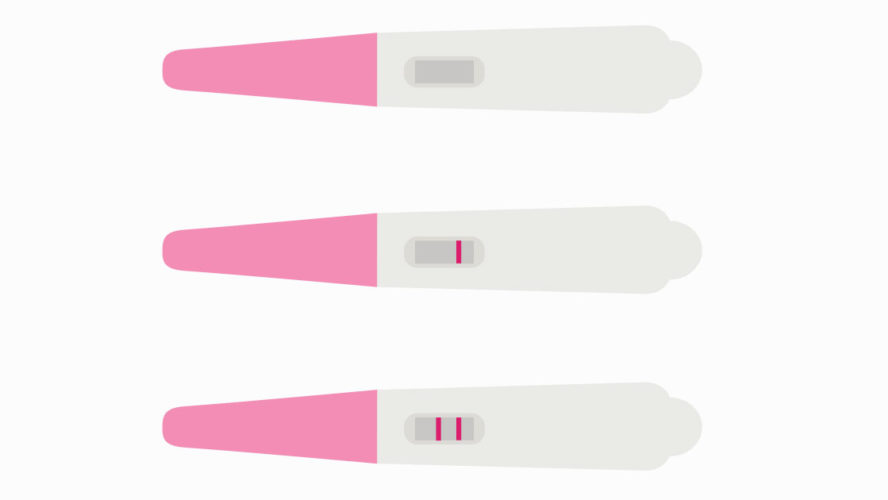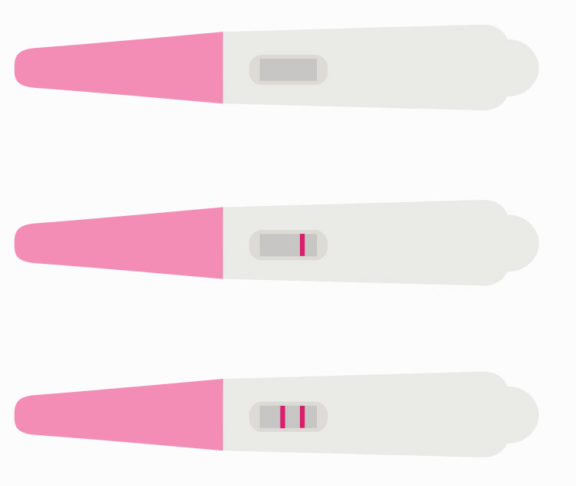A group of clinical laboratory testing experts from AACC has released updated information to help guide the use of home ovulation and pregnancy tests.

Dr. Shannon Haymond
President, American Association of Clinical Chemistry
Home ovulation and pregnancy tests — also known as point-of-care tests — have revolutionized reproductive medicine by making testing more convenient and accessible for patients.
As rising infertility rates drive these tests’ popularity, a group of clinical laboratory testing experts from the American Association of Clinical Chemistry (AACC) recently released updated information to help guide their use.
Here are three essential things from this guidance that consumers should know:
1. Home urine ovulation tests are highly accurate and reliable
Doctor’s offices typically use a combination of ultrasound and blood tests to predict ovulation, an approach that is considered the gold standard for identifying this crucial part of the menstrual cycle.
Does peeing on a stick or strip of paper really match this in terms of accuracy?
The great news is that, yes, it does.
Studies show that over-the-counter urinary tests for luteinizing hormone (LH) are excellent at predicting ovulation, to the point that these tests can be used to time intrauterine insemination cycles. Among healthy fertile women trying to get pregnant, studies also show higher conception rates among women who used home urine ovulation tests versus those who didn’t.
2. But the verdict isn’t in yet on other home ovulation tests
Recently, home saliva ovulation tests and biosensor-based basal body temperature (BBT) monitors have emerged as potential alternatives to urine LH tests.
However, consumers should approach these newer tests with caution.
Though saliva tests are simple and reusable, they unfortunately have demonstrated subpar reliability. Biosensor-based BBT tests show more promise — and their manufacturers claim they are highly accurate — but further performance studies are still needed to confirm this assertion.
3. The popular supplement biotin can interfere with home pregnancy tests
At least a fifth of Americans take biotin, either as a beauty supplement, as part of an over-the-counter multivitamin, or as a treatment for medical conditions like multiple sclerosis.
Despite this vitamin’s benefits, at high enough concentrations, it can interfere with numerous clinical laboratory tests—including urine pregnancy tests.
All urine pregnancy tests have a control line that shows the test is working properly, and a test line that tells you your actual result. Typically, if the control line fails to show up, that means your test has failed and any result is invalid.
But if you’re taking a high dose of biotin and the control line fails to form after repeated testing attempts, then it’s likely the biotin is interfering with the tests and causing the failures. In this case, we recommend that you consult with your healthcare provider on what the most appropriate next steps are.

